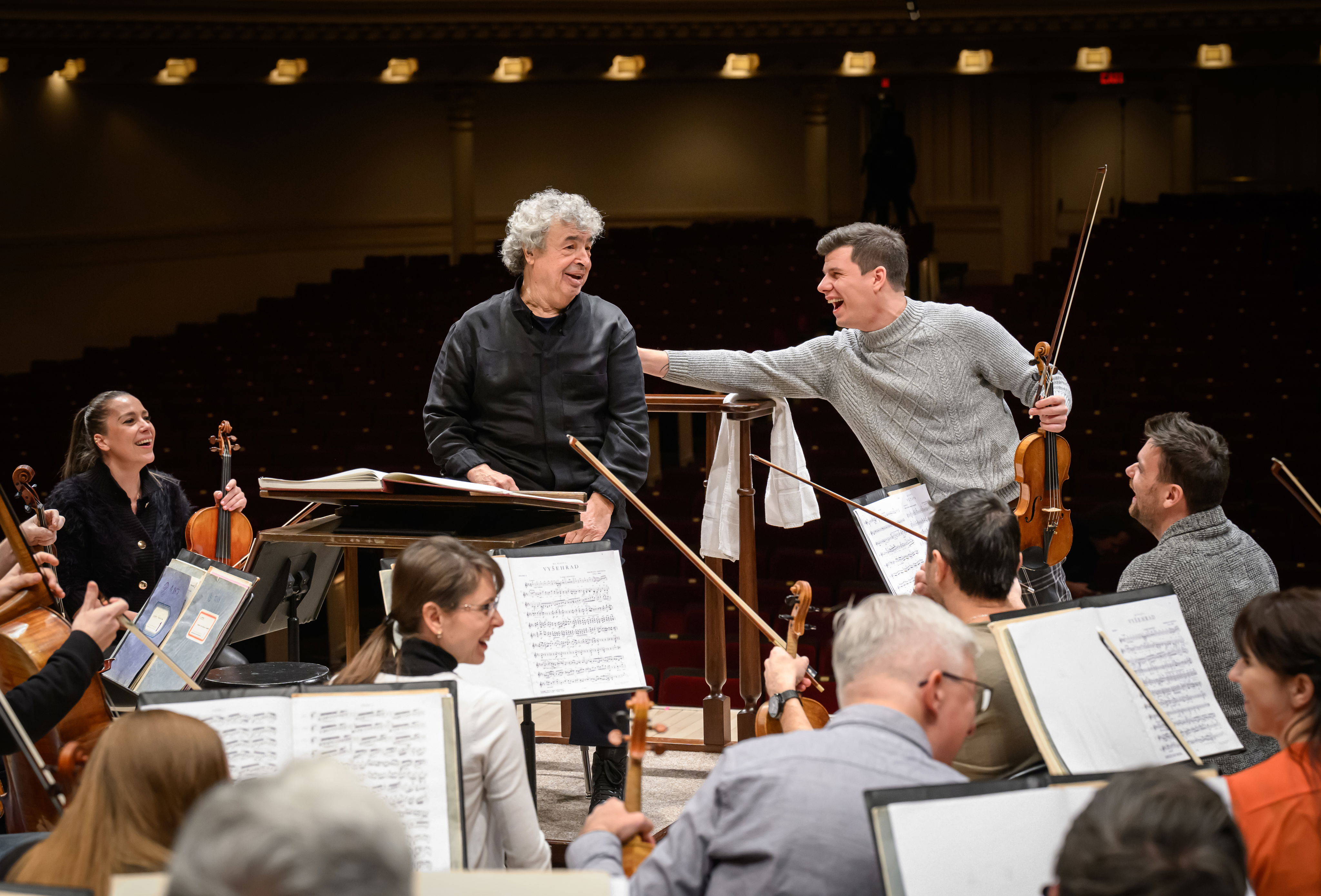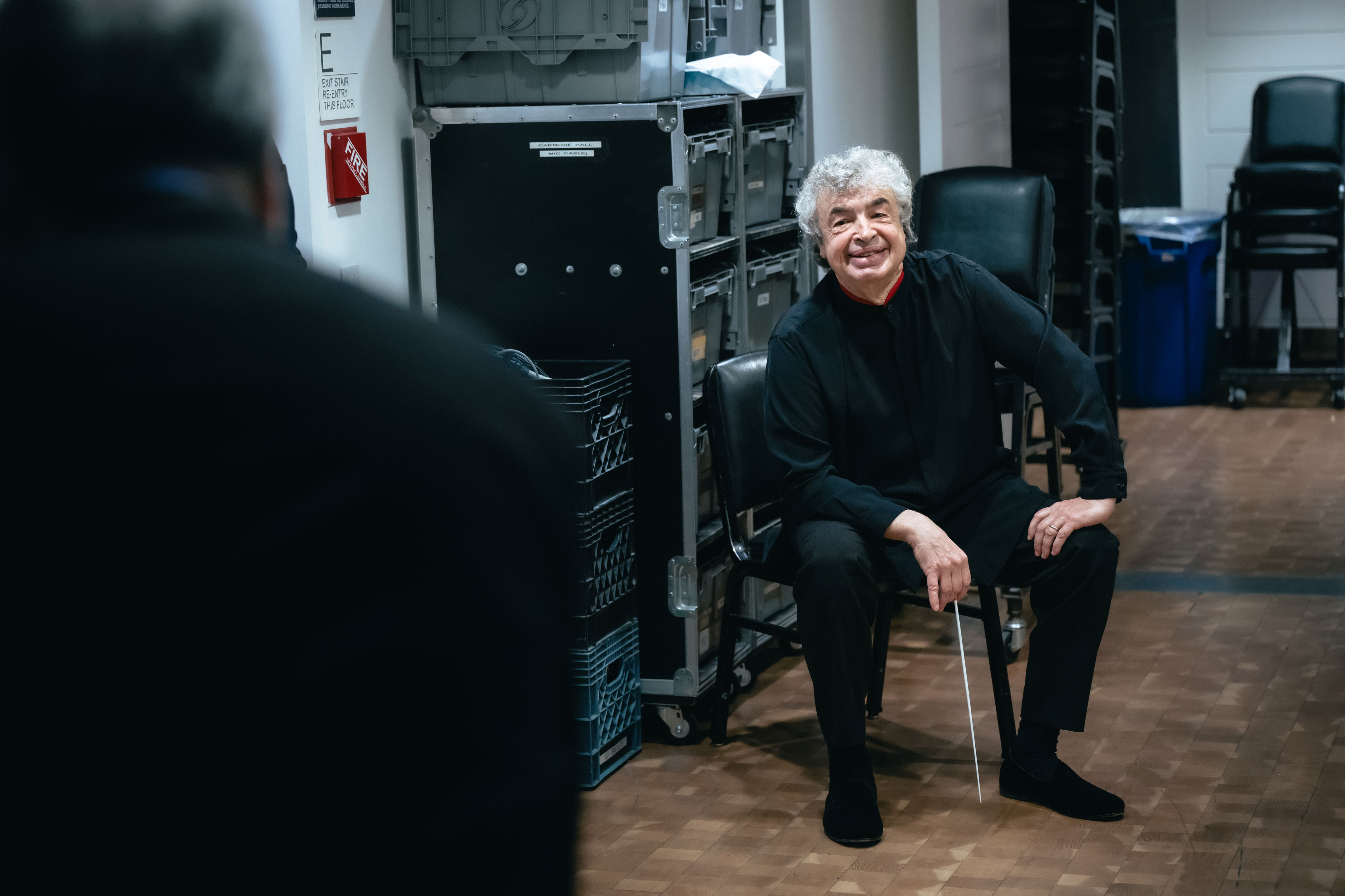Semyon Bychkov: Everything begins with the heart joined by the mind, not the other way around
To the average mortal, Semyon Bychkov's calendar looks like a bad joke – completely full for five years ahead. It is no coincidence that the moment we found for an interview was during a car journey from Prague to Karlovy Vary, where he was due to conduct the Czech Philharmonic. During those two hours, what left the strongest impression was not his insight into the world of classical music or his observations about humanity and today's society, but rather the genuine attention he gives to the other person during the conversation.




